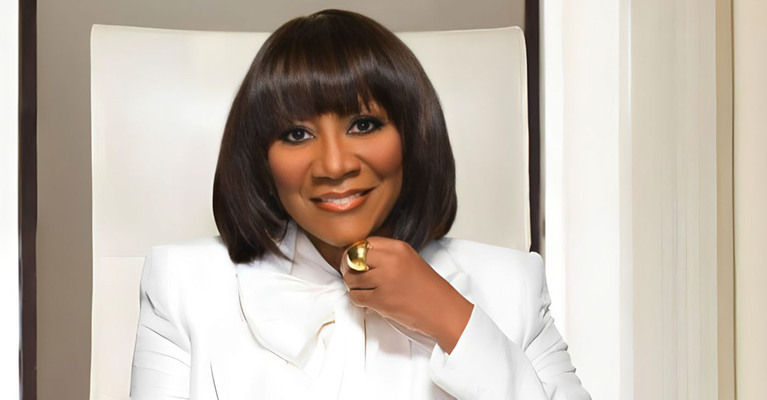Why I Am Fighting for Greater Visibility for Diabetic Men and Women
 Patti LaBelle
Patti LaBelle
More than 25 years ago, I collapsed onstage while performing. I had no idea what was happening, but that night in the hospital, when I was diagnosed with Type 2 diabetes, my life was forever changed.
At first, I was angry, and I was terrified. I watched my aunt and uncle lose their sight, and my mother lost both her legs before she died in her 60s due to diabetes. I know firsthand the toll that this disease can take. It took me a while to do something about my diabetes. I was in denial. I kept my old unhealthy eating habits. If it was battered or fried, I ate it!
Eventually, I realized my glucose levels weren’t getting any better, and I knew it was time to do something. I made a conscious choice to prioritize my health and change my way of living. I turned to my love of cooking to overhaul my diet. It meant I had to put down the butter and pick up the vegetable steamer. I would even take my pots and pans with me on tour and cook in my suite with ingredients from the local farmer’s market, just so I could better control my food intake.
Has it been easy? No. But has it paid off? Absolutely.
Black people and diabetes
The more attention I pay to my health, the better I feel. Exercise and I are not friends, but I started becoming more active – whether walking my dog and exercising in my pool or hopping on the elliptical machine. I use my Dexcom continuous glucose monitor (or CGM) to stay on top of my glucose levels throughout the day, without the need for painful finger pricks. It lets me know where my glucose levels are and where they’re headed, all with a glance at my iPhone. I can even share my levels with members of my family and my physician so they can keep a close eye on them, too.
I am proud of how far I have come on my health journey, and I am blessed and privileged to have an incredible support system in my doctors, family and friends. But millions of Americans in this country are not as fortunate.
According to the Centers for Disease Control and Prevention, about 1 in 10 Americans have diabetes (34 million), and approximately 90% of them have Type 2 diabetes.
Black people are 60% more likely to develop diabetes than white people, and in 2018, the U.S. Department of Health and Human Services found that Black people were twice as likely as white people to die from diabetes.
Lots of things are making this true, but it doesn’t have to be this way.
Living with diabetes has never been easier; insulin pumps talk directly to continuous glucose monitors and automatically deliver insulin, and you can keep a close eye on your glucose levels from your smartwatch or phone without pricking your finger – no one likes to do that!
But this amazing technology is still not in the hands of people in Black communities and communities of color. A recent survey of people with insulin-treated diabetes found that most believe they deserve new technology to manage their disease, and I couldn’t agree more.
Why are so many of us out here fighting diabetes with the same old tools that have been around since my aunt, uncle and mother were diagnosed? If today’s health care system provided more coverage for (and access to) these technologies, millions of lives could be saved.
A ‘divabetic’ advocating for others
Diabetes is often invisible to everyone except those living with it, and for too long, minorities have felt invisible in this country. They deserve to feel seen and heard. I am proof that you can not only live with Type 2 diabetes but also live well with it. I am not a diabetic, I’m a divabetic! And I am proud of it. That is why this November, along with the Global Movement for Time in Range, I am sharing my story to amplify this important topic, and advocating for better access to diabetes technology and asking that decision-makers take action for communities of color to receive the care they need.
Whether you have Type 1 or Type 2 diabetes, care for someone with diabetes, or you simply believe that people with diabetes deserve better, you can take action too by joining the conversation at wheninrange.com.
It’s time that we all truly #SeeDiabetes, because we can’t help change what we cannot see.
Patti LaBelle is a singer, actress, author and advocate.
Please support The Community Times by subscribing today!
You may also like:


